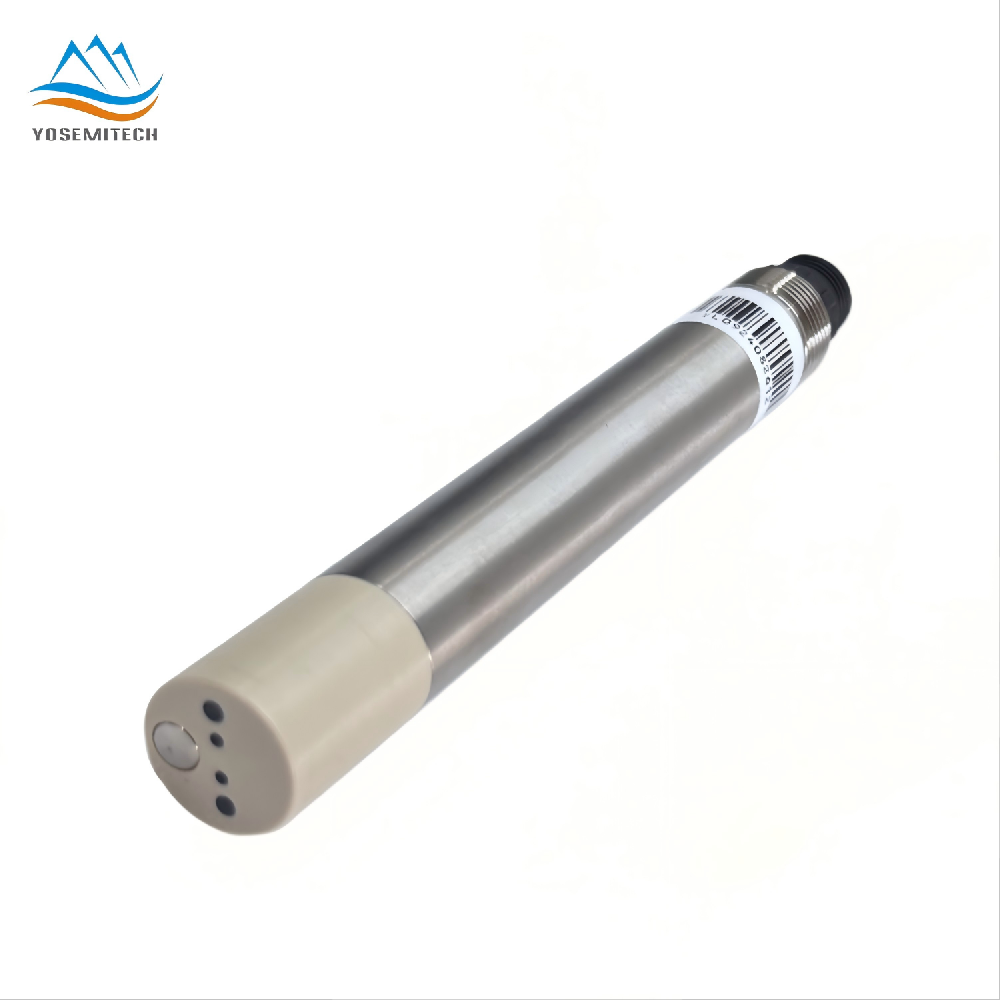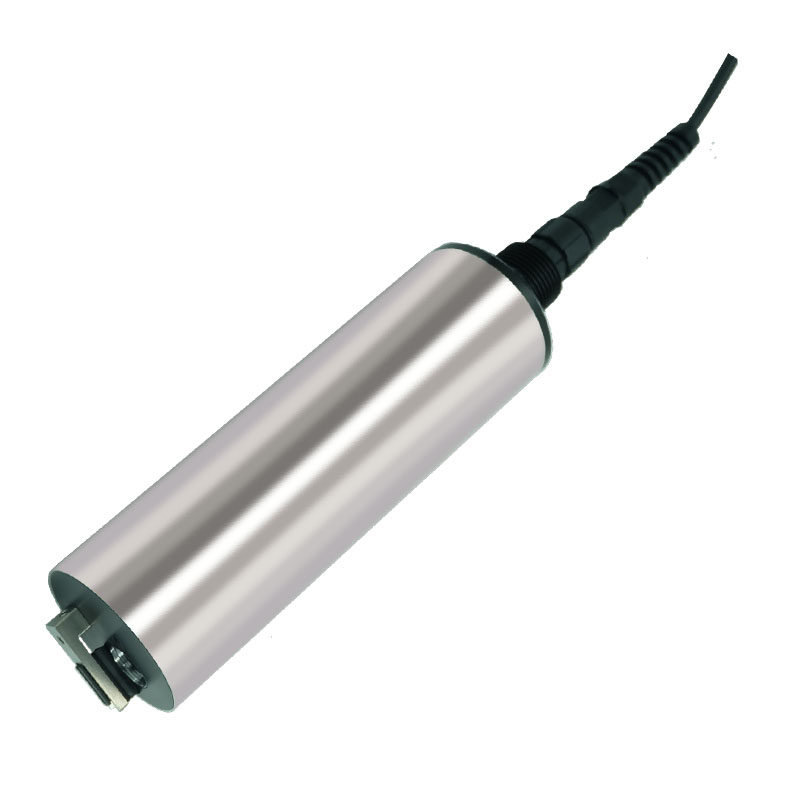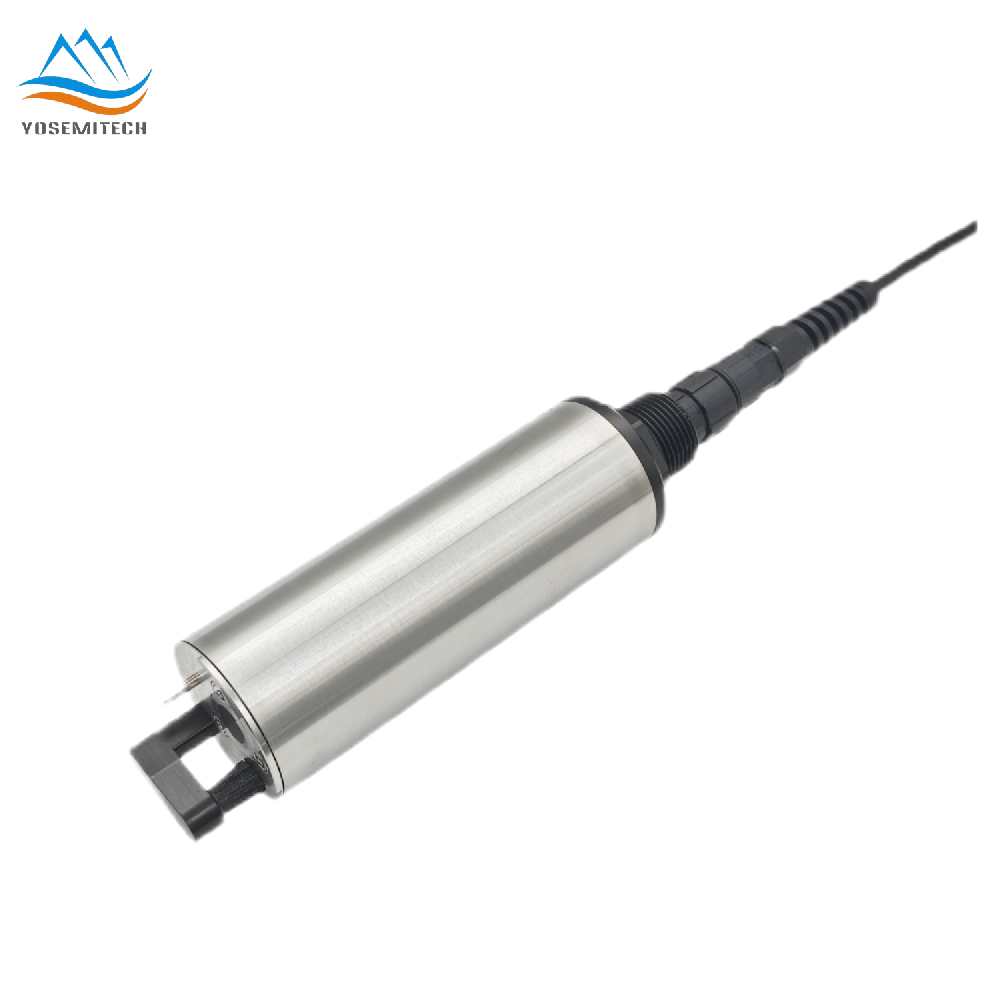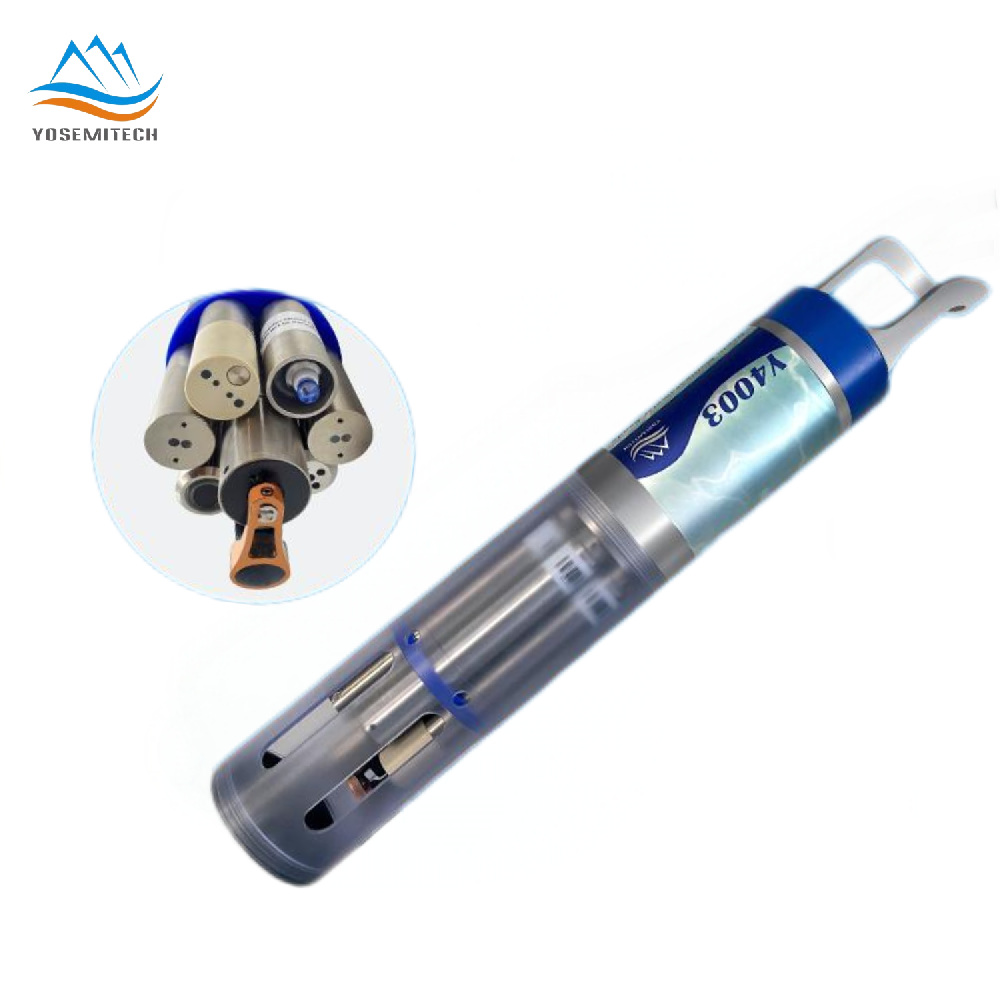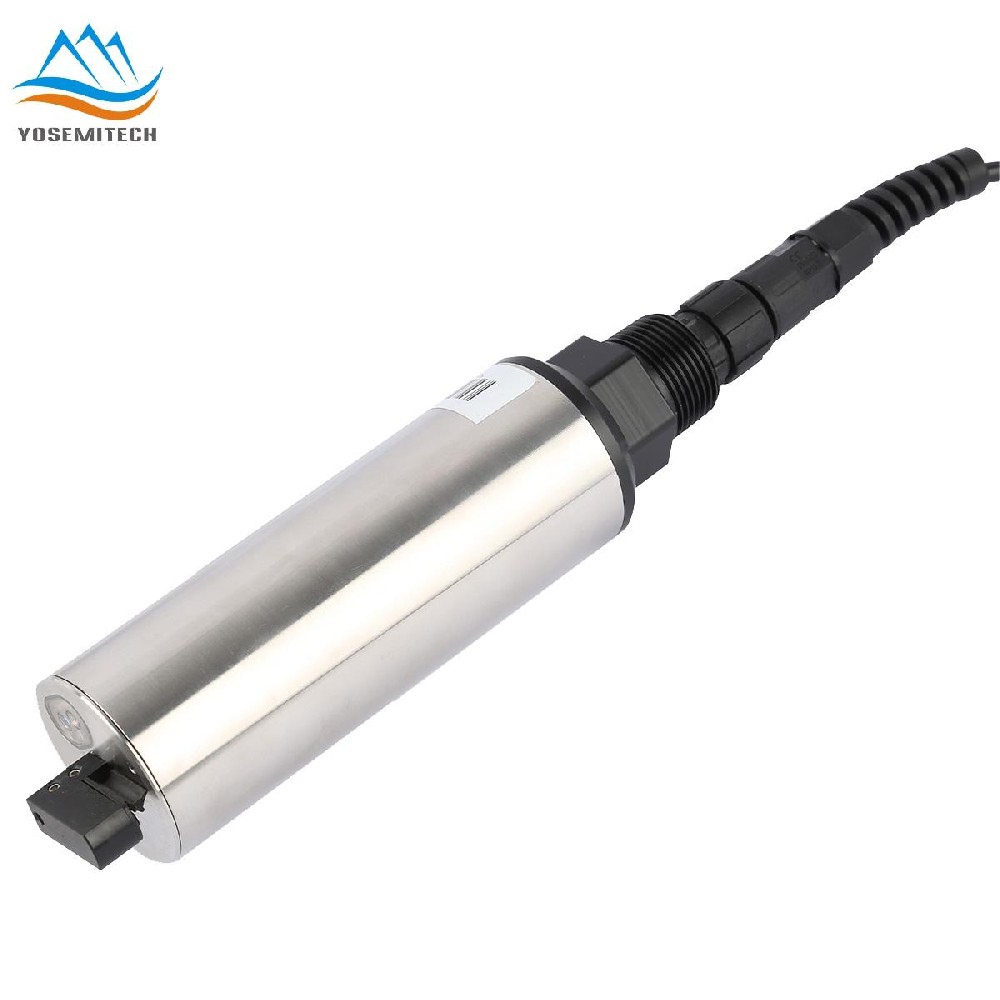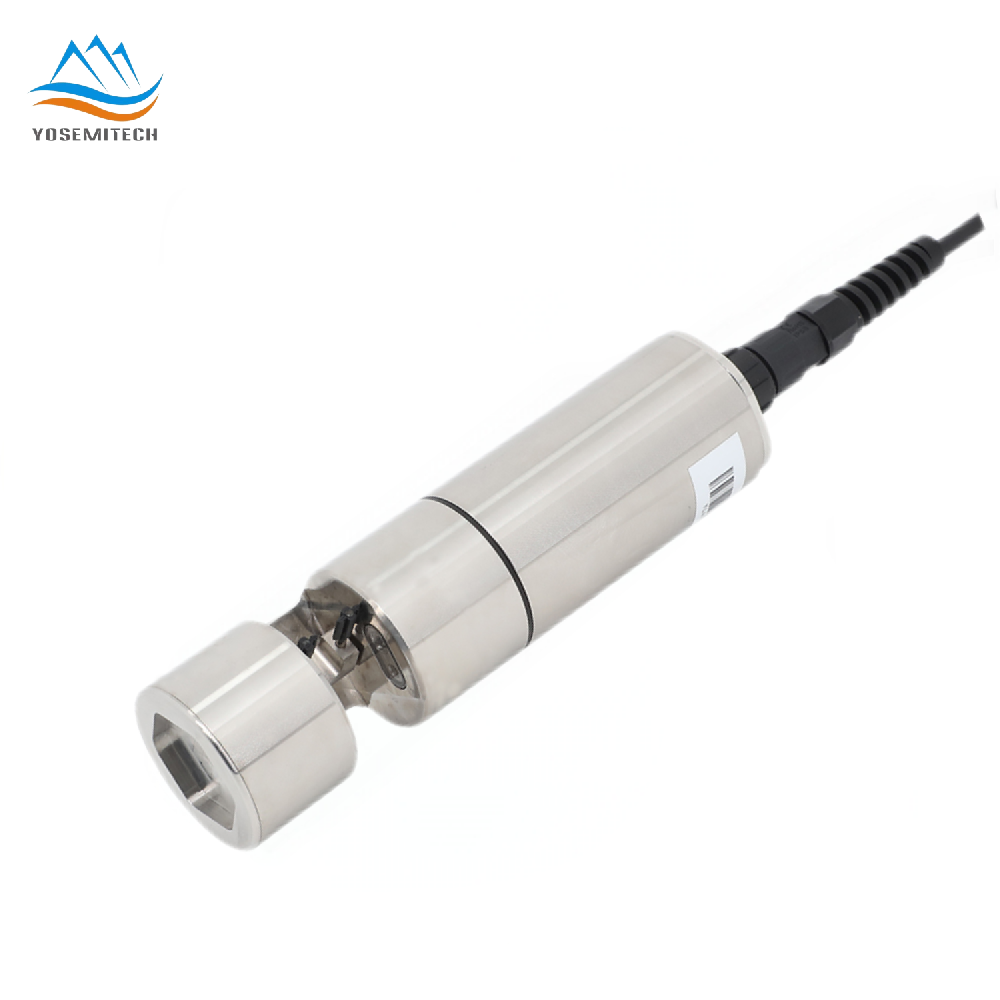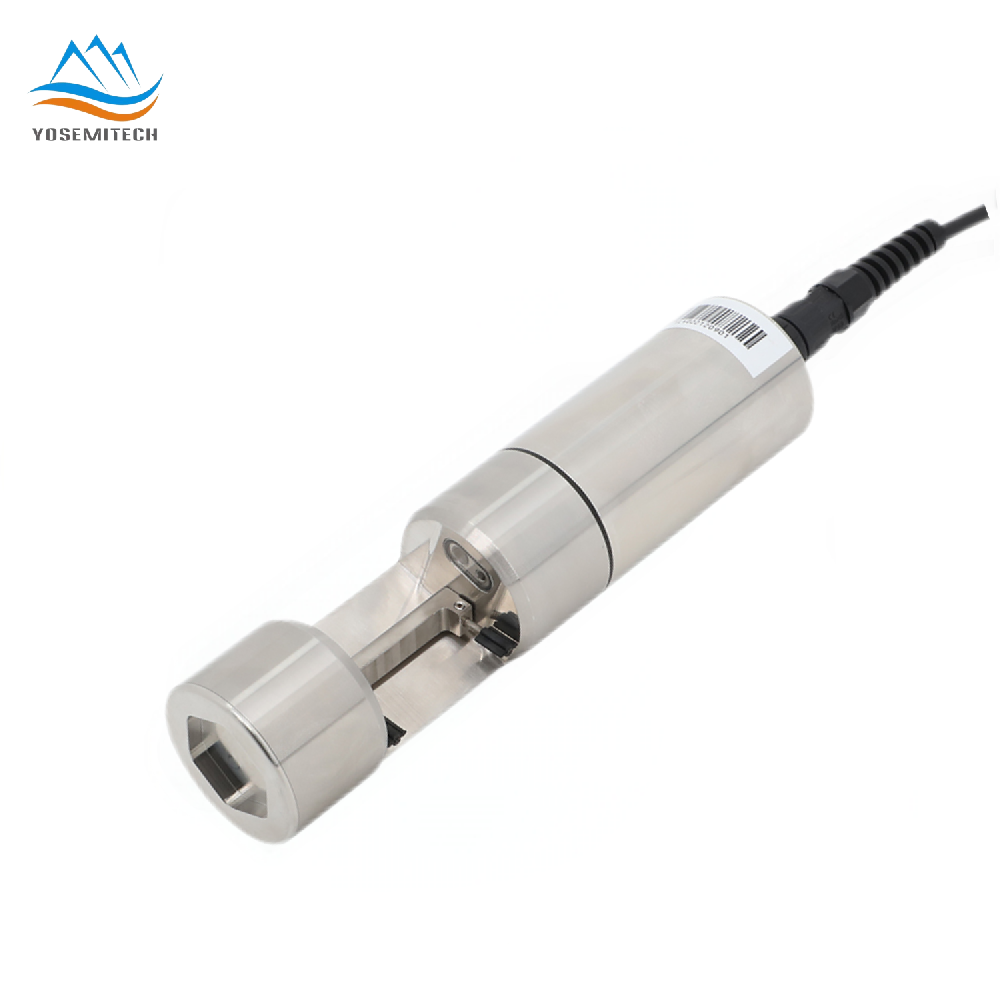Industry news
Which is More Crucial: Free Chlorine or Total Chlorine
Writer: admin Time:2024-09-10 10:05:37 Browse:1140℃
I. Introduction
II. Chlorine in Water Treatment
A. What is Chlorine? and its use
B. How chlorine works to sanitize water
C. Concept of free and total chlorine
III. What is Free Chlorine?
A. What is free chlorine?
B. Role of free chlorine in water disinfection
C. Importance of maintaining proper free chlorine levels
IV. What is Total Chlorine?
A. Definition of total chlorine
B. Components of total chlorine (free chlorine + combined chlorine)
C. Importance of total chlorine measurements
V. Key Difference Between Free and Total Chlorine
A. Comparison of free and total chlorine
B. Why free chlorine is often considered more critical
VI. Why Free Chlorine is Often More Important
A. Free chlorine's effectiveness in killing bacteria and viruses
B. The problem of chlorine demand and combined chlorine
C. Health risks associated with high levels of combined chlorine
VII. How to Maintain Optimal Chlorine Levels
A. Measuring for free and total chlorine
B. Adjusting chlorine levels in swimming pools and water systems
IX. Conclusion
X. FAQs
A. Can total chlorine be higher than free chlorine?
B. What are the ideal levels of free and total chlorine?
C. How to adjust the chlorine levels in swimming pool?
D. What are the health effects of high combined chlorine levels?
I. Introduction
Chlorine is a critical component in water treatment, ensuring that our water is safe for drinking or using. It is critical for public health since it helps to destroy bacteria and viruses. However, recognizing the distinction between free chlorine and total chlorine is important for efficient water management. This blog will introduce the differences between free and total chlorine, their functions in water treatment, and which is more important for ensuring water safety.
II. Chlorine in Water Treatment
What is Chlorine and Its Use?
Chlorine is a chemical element with the symbol Cl and atomic number 17. It is a greenish-yellow gas at room temperature and is highly reactive. Chlorine has been used for water disinfection since the early 20th century due to its ability to kill a wide range of harmful microorganisms.
How Chlorine Works to Sanitize Water
Chlorine works by oxidizing the organic matter and microorganisms present in water. When chlorine is added to water, it reacts with bacteria, viruses, and other pathogens, destroying their cell membranes and disrupting their metabolic processes. This reaction renders these organisms harmless, preventing the spread of waterborne diseases.
Concept of Free and Total Chlorine
In water treatment, the terms "free chlorine" and "total chlorine" are often used. Free chlorine refers to the amount of chlorine that is available to sanitize water, while total chlorine includes both free chlorine and chlorine that has already reacted with organic matter and is no longer available for disinfection.
III. What is Free Chlorine?
What is Free Chlorine?
Free chlorine is the chlorine that is available in water to kill bacteria and viruses. It is the active form of chlorine that has not yet reacted with contaminants. Free chlorine is essential for maintaining water safety, as it is the first line of defense against pathogens.
Role of Free Chlorine in Water Disinfection
Free chlorine is responsible for the immediate disinfection of water. It reacts quickly with bacteria, viruses, and other microorganisms, preventing them from multiplying and causing harm. The presence of free chlorine ensures that water remains safe for consumption and recreational use.
Importance of Maintaining Proper Free Chlorine Levels
Maintaining proper free chlorine levels is crucial for water safety. If the levels are too low, pathogens can survive and multiply, posing a health risk. Conversely, excessively high levels of free chlorine can be irritating to the skin, eyes, and respiratory system. Therefore, it is essential to monitor and adjust free chlorine levels regularly.
IV. What is Total Chlorine?
Definition of Total Chlorine
Total chlorine is the sum of free chlorine and combined chlorine. Combined chlorine is the chlorine that has already reacted with organic matter, such as sweat, urine, and other contaminants. This reaction forms chloramines, which are less effective at disinfecting water.
Components of Total Chlorine
Free Chlorine: The active form of chlorine that is available to kill bacteria and viruses.
Combined Chlorine: The chlorine that has reacted with organic matter to form chloramines.
Importance of Total Chlorine Measurements
Measuring total chlorine is important for understanding the overall chlorine content in water. High levels of combined chlorine can indicate that the water is contaminated and may require additional treatment. Therefore, monitoring total chlorine helps in maintaining water quality and safety.
V. Key Difference Between Free and Total Chlorine
Comparison of Free and Total Chlorine
Free Chlorine: Active chlorine available for disinfection.
Total Chlorine: Sum of free chlorine and combined chlorine.
Why Free Chlorine is Often Considered More Critical
Free chlorine is often considered more critical because it is the active form of chlorine responsible for killing bacteria and viruses. While total chlorine provides a broader picture of the chlorine content, free chlorine is the key indicator of water safety.
VI. Why Free Chlorine is Often More Important
Free Chlorine's Effectiveness in Killing Bacteria and Viruses
Free chlorine is highly effective at killing a wide range of bacteria and viruses. It reacts quickly with these pathogens, preventing them from causing harm. This rapid action is crucial for maintaining water safety, especially in swimming pools and drinking water systems.
The Problem of Chlorine Demand and Combined Chlorine
Chlorine demand refers to the amount of chlorine required to oxidize organic matter and kill microorganisms in water. If the chlorine demand is high, more chlorine will be consumed, leaving less free chlorine available for disinfection. This can lead to an increase in combined chlorine, which is less effective at sanitizing water.
Health Risks Associated with High Levels of Combined Chlorine
High levels of combined chlorine, particularly chloramines, can cause several health issues. These include:
Skin and Eye Irritation: Chloramines can irritate the skin and eyes, leading to redness and discomfort.
Respiratory Problems: Inhaling chloramine-laden air can cause respiratory problems, such as coughing and wheezing.
Allergic Reactions: Some individuals may experience allergic reactions to chloramines.
VII. How to Maintain Optimal Chlorine Levels
Measuring for Free and Total Chlorine
To maintain optimal chlorine levels, it is essential to measure both free and total chlorine regularly. This can be done using test kits or electronic meters. These tools provide accurate readings, allowing for timely adjustments.
Yosemitech Y535-A Free Chlorine Sensor uses a negative pulse of a specific voltage amplitude applied between the polarized electrode and the reference electrode to selectively select free chlorine to participate in the reaction, causing it to undergo an electrochemical reaction at the cathode of the electrode, thereby forming a current signal that is proportional to the free chlorine concentration. This sensor has the characteristics of high selectivity, no need to replace parts, low maintenance, long electrode life, and high reliability.
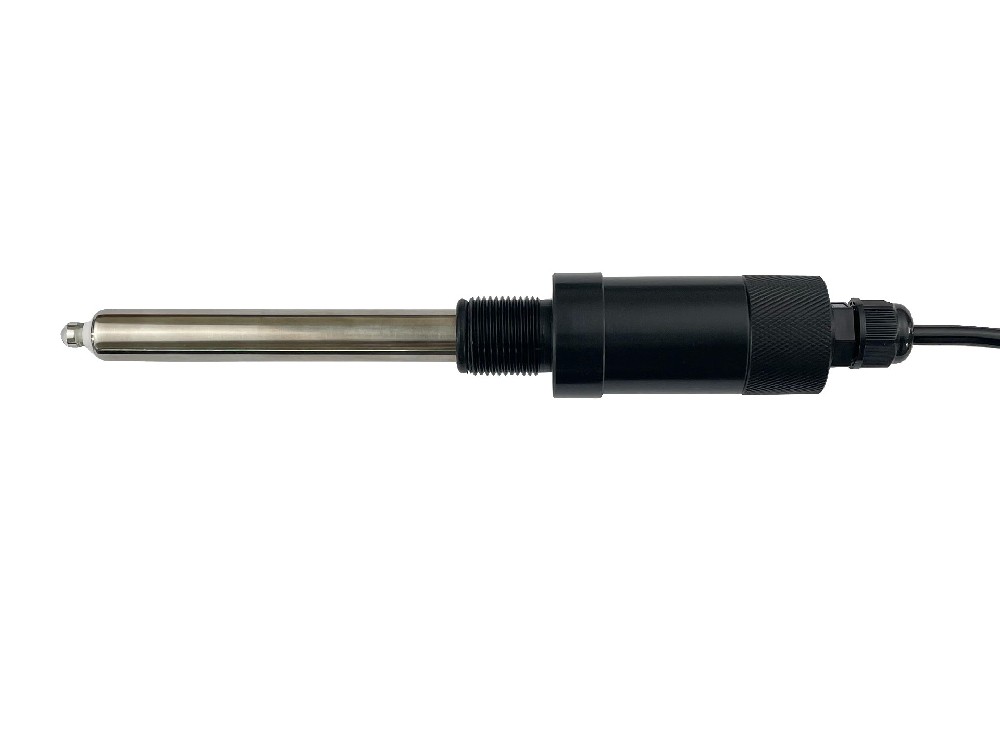
Adjusting Chlorine Levels in Swimming Pools and Water Systems
Adjusting chlorine levels involves adding chlorine to increase free chlorine levels or using chemicals like sodium thiosulfate to reduce total chlorine levels. It is important to follow the manufacturer's instructions and local health guidelines when making these adjustments.
video from@Trouble Free Pool
Conclusion
In conclusion, both free and total chlorine play vital roles in water treatment. However, free chlorine is often considered more crucial due to its active role in killing bacteria and viruses. Maintaining proper free chlorine levels is essential for ensuring water safety, while also monitoring total chlorine helps in managing water quality. By understanding the differences and importance of free and total chlorine, we can better manage our water systems and protect public health.
FAQs
Can Total Chlorine Be Higher Than Free Chlorine?
Yes, total chlorine can be higher than free chlorine. This occurs when there is a high level of combined chlorine, which is the result of chlorine reacting with organic matter. High levels of combined chlorine can indicate that the water is contaminated and may require additional treatment.
What Are the Ideal Levels of Free and Total Chlorine?
The ideal levels of free and total chlorine vary depending on the type of water system. For swimming pools, the recommended free chlorine level is 1-3 ppm (parts per million), while the total chlorine level should not exceed 5 ppm. For drinking water, the recommended free chlorine level is 0.2-1.0 ppm.
How to Adjust the Chlorine Levels in a Swimming Pool?
To adjust the chlorine levels in a swimming pool, follow these steps:
Test the Water: Use a reliable test kit or electronic meter to measure the current free and total chlorine levels.
Add Chlorine: If the free chlorine level is low, add chlorine granules or tablets following the manufacturer's instructions.
Reduce Chlorine: If the total chlorine level is too high, use sodium thiosulfate to reduce it.
Retest: After making adjustments, retest the water to ensure the levels are within the recommended range.
What Are the Health Effects of High Combined Chlorine Levels?
High levels of combined chlorine, particularly chloramines, can cause several health issues, including:
Skin and Eye Irritation: Redness and discomfort.
Respiratory Problems: Coughing, wheezing, and other respiratory issues.
Allergic Reactions: Some individuals may experience allergic reactions.
Yosemitech is a national high-tech enterprise focusing on the research and development, production and sales of water quality sensors, monitoring instruments and monitoring system platforms. If you have any inquiry, please contact us. Our professional sales team will provide you with satisfying services.
Tag: free chlorine, total chlorine, difference between free chlorine and total chlorine, free chlorine VS total chlorine, free chlorine sensor, Yosemitech, water quality sensor manufacturer, free chlorine sensor supplier
CATEGORIES
CONTACT US
Yosemitech Technologies Co., Ltd
 +86 19984844080
+86 19984844080
 sales@yosemitech.com
sales@yosemitech.com
 Bldg,25,CECEP Industrial Park, No. 18 Dongchang Rd. Suzhou Industrial Park, Jiangsu Province,China 215126, China
Bldg,25,CECEP Industrial Park, No. 18 Dongchang Rd. Suzhou Industrial Park, Jiangsu Province,China 215126, China
